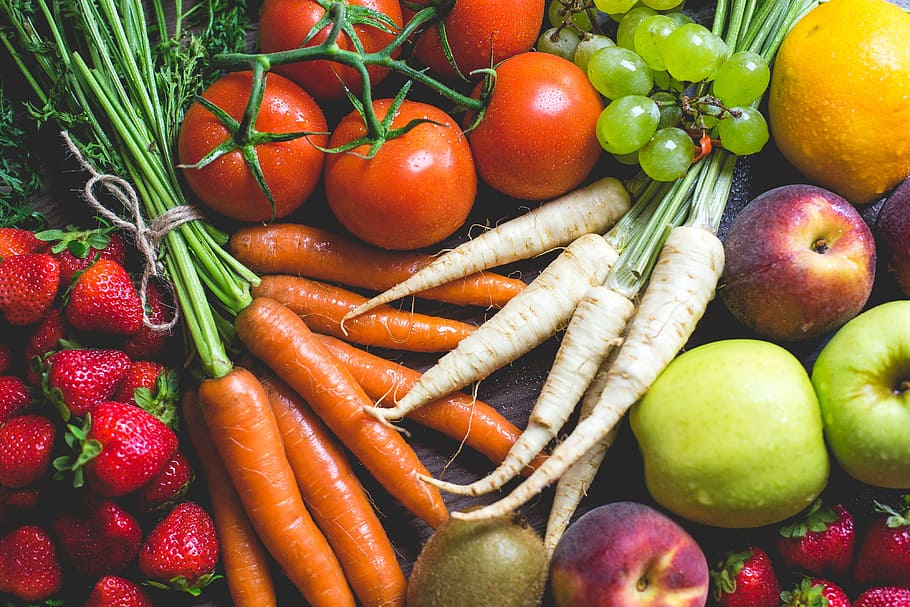The EU SFVS significantly contributes to improving the nutritional intake of school children by increasing their consumption of fresh fruits and vegetables. The scheme promotes healthy eating habits and encourages children to adopt a balanced diet early on. The EU SFVS incorporates educational activities that enhance children’s nutrition knowledge, teaching them about the importance of fruits and vegetables for their health. This education extends to parents and educators, creating a broader understanding of the benefits of a balanced diet and increasing awareness about healthy food choices. The scheme provides access to fresh fruits and vegetables to all participating school children, irrespective of their socio-economic background.
The EU SFVS has demonstrated successful implementation and impact in several European countries. Its replicability depends on factors such as government support, funding availability, collaboration between stakeholders (schools, government agencies, farmers), and the commitment of educators and communities.



